Sebastian Vettel: Ferrari driver will not be punished for outburst
- Published
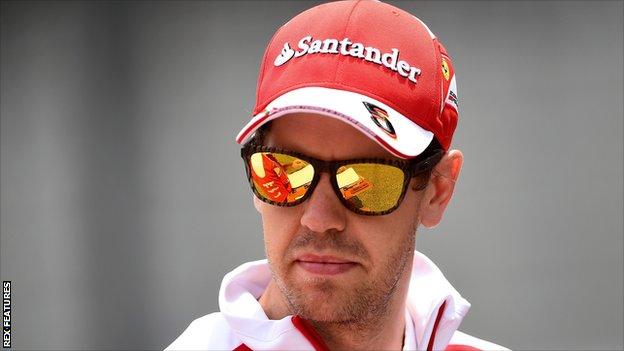
Sebastian Vettel wrote to Jean Todt and Charlie Whiting expressing his regret for his behaviour
Ferrari driver Sebastian Vettel will not be punished for his expletive-laden outburst at the Mexican Grand Prix.
Jean Todt, president of Formula 1's governing body the FIA, decided "on an exceptional basis" not to take disciplinary action against the German.
He warned similar actions in the future would be punished.
Incensed by the driving of Red Bull's Max Verstappen, Vettel lashed out at FIA F1 director Charlie Whiting using a series of four-letter words.
Vettel went to see Whiting immediately after the race to apologise and has now written to both Todt and Whiting expressing his regret.
An FIA statement issued on Tuesday said: "Immediately following this incident, Sebastian Vettel spontaneously sought out Charlie Whiting to express his regrets for his behaviour in person.
"He then, again on his own initiative, sent letters to each of the FIA president Jean Todt and Charlie Whiting, in which he apologised profusely for his actions.
"He also indicated that he would likewise be contacting Max Verstappen and vowed that such an incident would never occur again.
"The FIA will always condemn the use of offensive language in motor sport - especially when directed at officials and/or fellow participants - and expects all participants in its championships to be respectful and mindful of the example they set for the public and the younger generation in particular."
Vettel's letters are believed to have been part of a choreographed series of events aimed at bringing the matter to a close without any major disciplinary action.
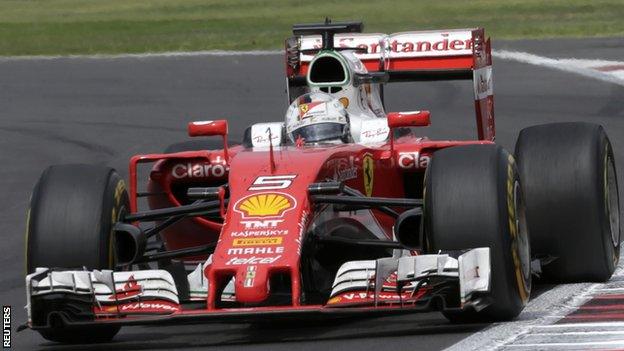
Vettel finished fifth in the Mexican Grand Prix
This is typical of the sort of conciliatory approach FIA president Todt has tended to take in such matters and it contrasts with the more disciplinarian handling preferred by his predecessor Max Mosley.
Whiting had already regarded the matter closed after his conversation with Vettel in Mexico on Sunday.
Vettel had been angered by the fact that Verstappen had not moved over to let him by after going off the track and running across the grass at Turn One when he locked his front brakes with four laps to go.
Verstappen was penalised for the incident after the race, forcing him to leave the pre-podium room seconds before going out to face the crowd with race-winner Lewis Hamilton and runner-up Nico Rosberg.
Vettel went on to the podium instead, but was subsequently dropped to fifth place behind Red Bull's Daniel Ricciardo and Verstappen because of a penalty for dangerous driving when defending against the Australian on the penultimate lap.
The situation has raised the subject of driver radio messages being broadcast on television.
Formula 1: Ferrari's Sebastian Vettel on poor season
It is accepted that the conversations between driver and team enhance the experience for the audience. An almost-blanket ban on team radio introduced this season was repealed in the summer for exactly this reason.
However, there is also an argument that the conversations are fundamentally private, that drivers are under extreme stress with adrenalin pumping during races, and in no other sport can the participants' views be heard so easily and clearly while they are competing.
The main issue in the Vettel case was not so much the language he used - several other drivers have sworn on the radio in the past and such utterances are always bleeped out before broadcast - but the fact he directed it personally at Whiting in the heat of the moment.
The 64-year-old, who is responsible for safety and rule-making, is one of the most hard-working and highly respected people in the sport.
- Published5 November 2016

- Published31 October 2016
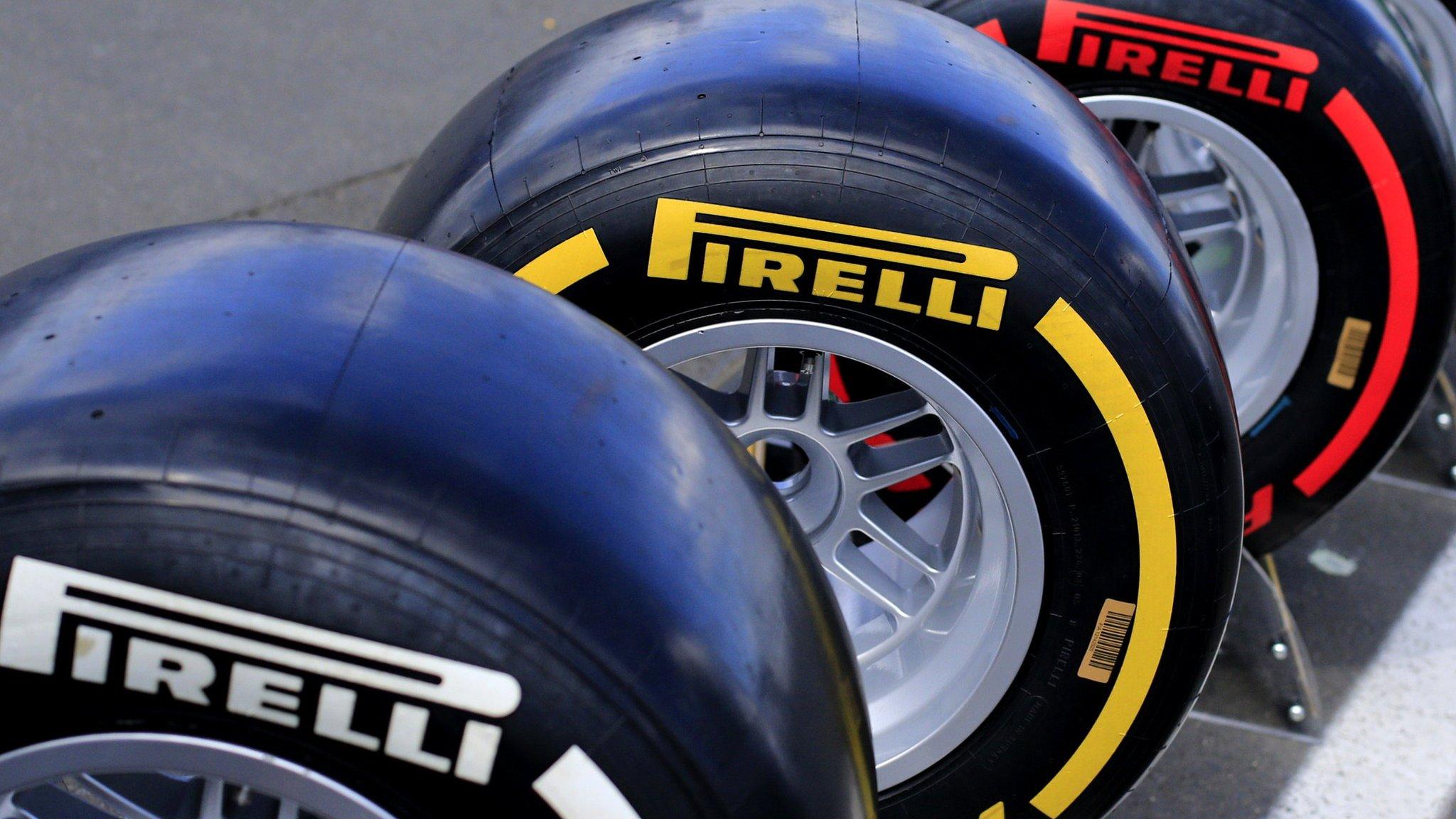
- Published31 October 2016
- Published18 December 2015

- Published31 October 2016
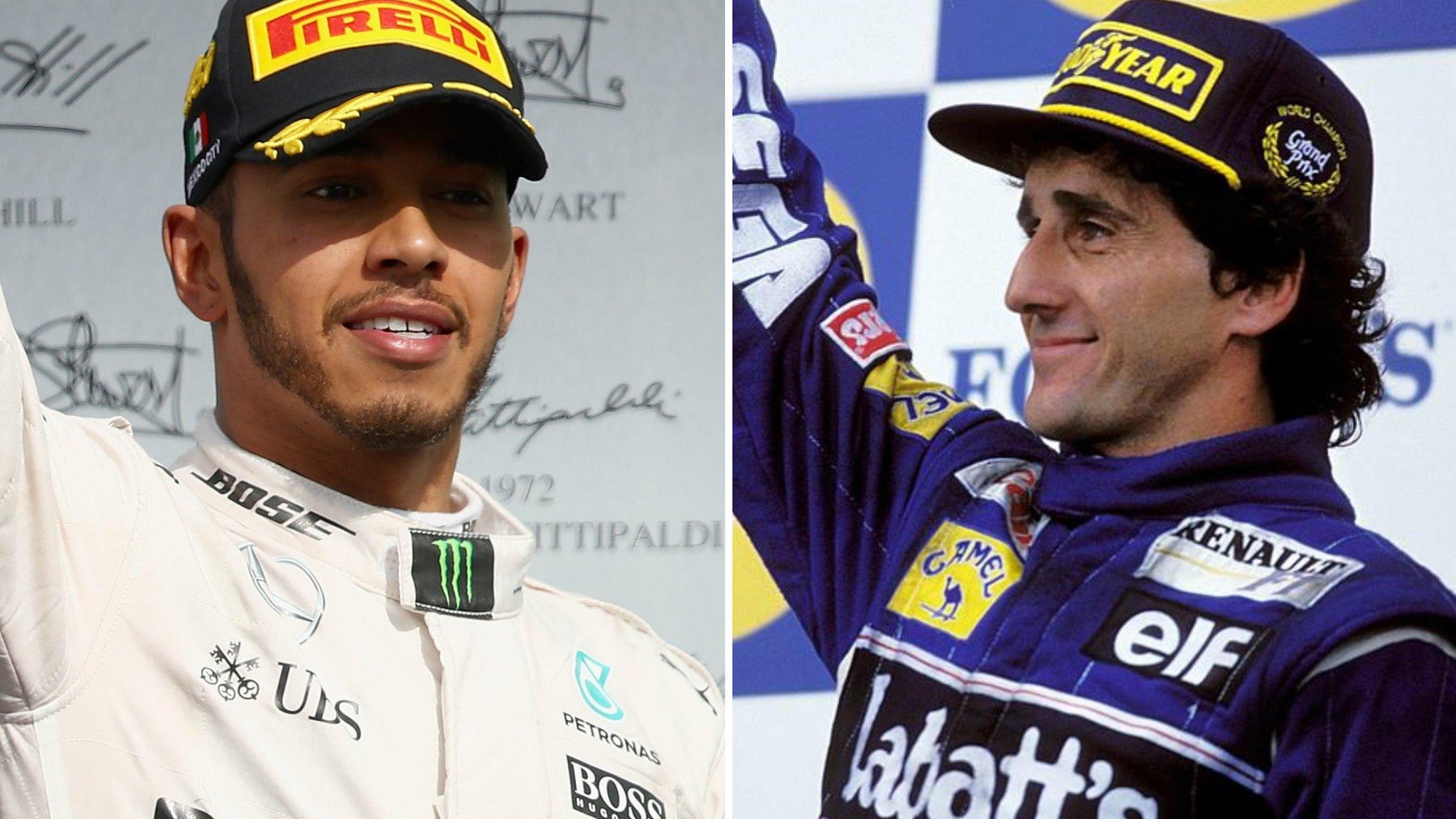
- Published8 August 2017
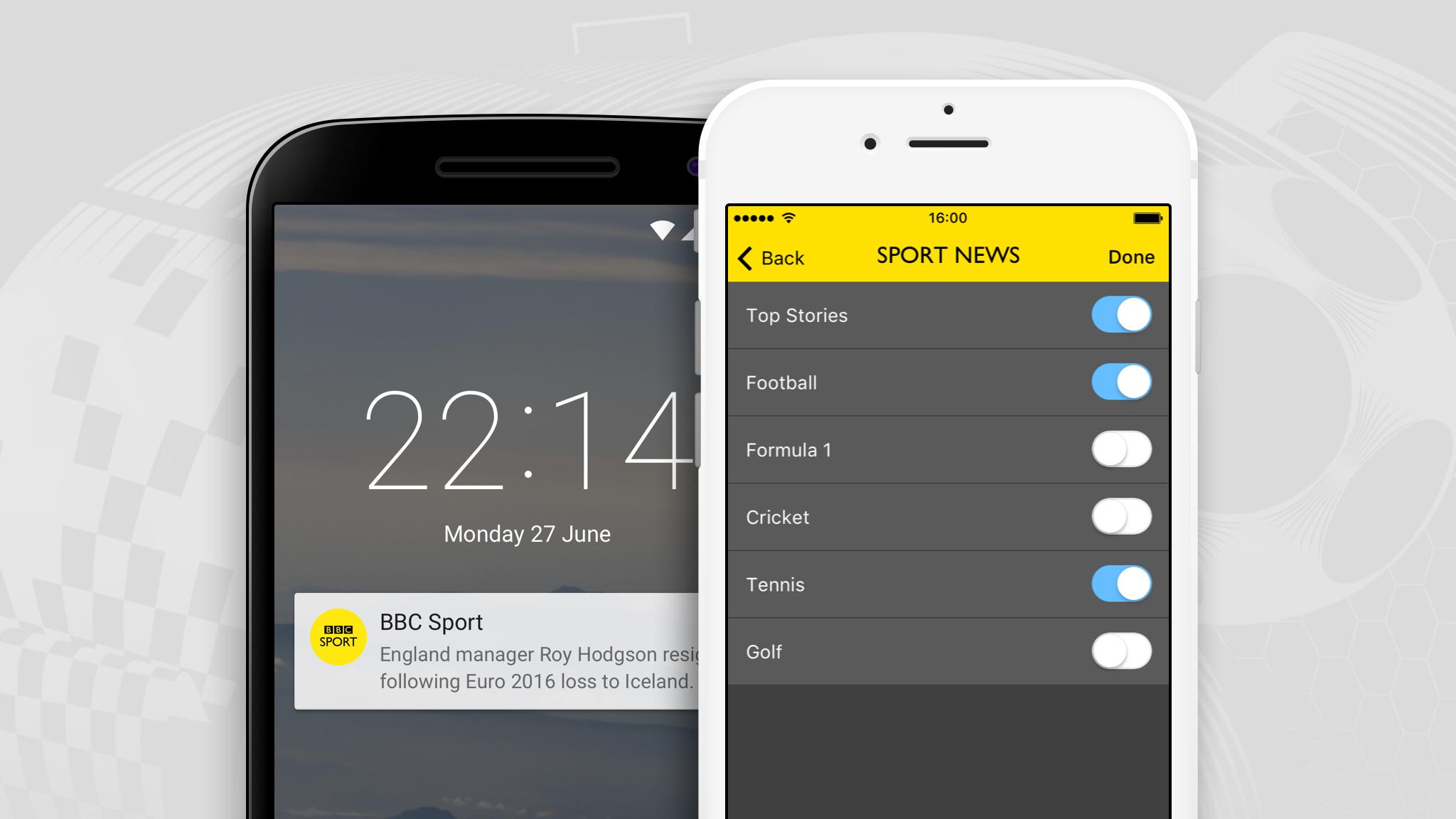
- Published13 May 2016

- Published26 February 2019
